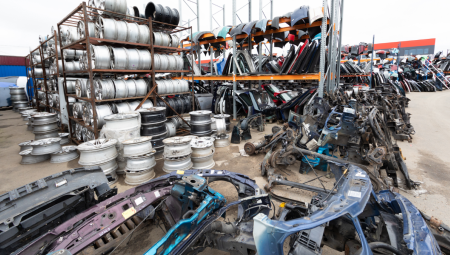Argentina. The Japanese automaker Nissan announced the closure of its factory in Cordoba, Argentina, a measure that has a full impact on the local automotive industry and sets off alerts throughout Latin America.
Although the company will maintain commercial operations in the country, the decision represents a blow to industrial employment and the country's ability to continue being a production hub in the region.
The closure is not an isolated event, but the reflection of a broader trend. Faced with an economy marked by inflation, a volatile exchange rate, regulatory hurdles and an inconsistent industrial policy, Argentina loses attractiveness against competitors such as Mexico and Brazil. These countries offer more predictable and efficient conditions for automotive investment.
Nissan's departure is a symptom of structural problems. The Córdoba plant, where the Frontier pick-up was produced, employed hundreds of workers and was one of the most recent bets in the sector in the country. Now, production will move to Mexico, where Nissan already operates five plants with better infrastructure, lower operating costs and preferential access to key markets.
While Argentina loses a strategic operation, Mexico consolidates itself as the brand's new epicenter in the region. The same is true of Brazil, which keeps its Resende plant active despite the global adjustments in the sector.
Labour impact and political pressure
Nissan's decision involves immediate layoffs and puts pressure on the Argentine government, which is facing criticism for failing to retain key investments. Unions fear a wave of similar closures if macroeconomic imbalances that hinder local production are not corrected.
Jobs in the automotive sector – well paid, stable and with growth possibilities – are an engine for the Argentine middle class. Its disappearance puts one of the pillars of industrial employment in check and forces us to rethink the economic model.
Nissan's exit from Argentina is part of a global trend towards consolidation: fewer, more efficient plants. Automakers evaluate not only wage costs, but also logistics, trade agreements, and regulatory stability. In this scenario, Latin America competes internally: countries that offer more stable and predictable conditions will attract investment.
The Frontier/Navara model, which was previously manufactured in Argentina, will depend exclusively on Mexican production. With this, Mexico gains strategic weight in Nissan's global supply chain.
For Argentina, the closure of the Nissan plant is a wake-up call. If it fails to stabilize its economy, offer clear rules and promote competitiveness, other multinationals could follow suit. However, an opportunity is also opening up: transforming the business environment to regain its place as an industrial benchmark in Latin America.














